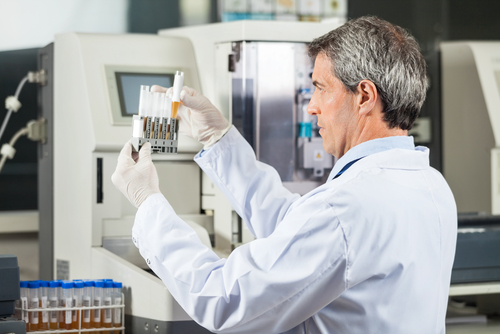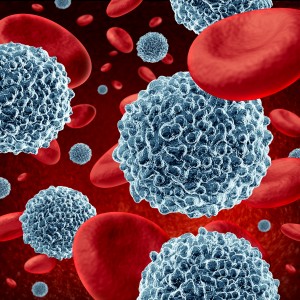Research and Markets Presents 2015 Pulmonary Fibrosis Pipeline Review

 A recent report on Research and Markets covered this year’s featured companies’ Pipeline Therapeutics for the annual Pulmonary Fibrosis Review.
A recent report on Research and Markets covered this year’s featured companies’ Pipeline Therapeutics for the annual Pulmonary Fibrosis Review.
The report details descriptions of 56 companies currently developing treatment strategies for therapeutics for Pulmonary Fibrosis. The team conducted comparative analysis of the companies’ compounds under clinical investigation at various stages, and assessed therapeutics by target, mechanism of action, route of administration and type of molecule under clinical research. A few examples of the companies reported on along with their respective pipeline products for PF are as follows:
- AdAlta is currently working on the i-body, a single domain antibody-like molecule of human origin targeting the G-Protein Coupled Receptor and ion channels. The company has identified a number of i-bodies for the treatment of fibrosis and is continuously pursuing further development.
- Aeolous Pharmaceuticals scientists are working on the AEOL-10150, a small molecule catalytic antioxidant that has shown the ability to scavenge a broad range of reactive oxygen species, or free radicals. As a catalytic antioxidant, AEOL 10150 mimics and thereby amplifies the body’s natural enzymatic systems for eliminating these damaging compounds. Because oxygen and nitrogen-derived reactive species are believed to have an important role in the pathogenesis of many diseases including pulmonary fibrosis. AEOL-10150 is currently the subject of multiple programs funded by the U.S. Government aimed at developing the compound as a medical countermeasure against national security threats.
[adrotate group=”3″]
- Biogen Idec Inc. investigators are currently testing the efficacy of STX-100, a novel humanized monoclonal antibody in a phase 2 trial aiming at Idiopathic Pulmonary Fibrosis.
- BIORION is using its proprietary platform technology of PDGF-ß-receptor-binding cyclic peptides. PDGF-ß-receptors are selectively upregulated on myofibroblasts and allow tissue specific targeting. BOT191, the core drug candidate, exclusively binds to and affects only myofibroblasts and no other off-target cell types, such as immune cells. The compound has been found to display no local or systemic pro-inflammatory side effects in animal models for pulmonary fibrosis while retaining its full interferon-gamma-related antifibrotic effect.
- Fibrogen is currently working on a phase 2 clinical trial to test the efficacy of FG-3019, a human monoclonal antibody against connective tissue growth factor (CTGF), in patients with idiopathic pulmonary fibrosis.
- Gilead researchers are currently investigating Simtuzumab (monoclonal antibody) in a phase 2 trial in patients with Idiopathic Pulmonary Fibrosis.
The report features the latest clinical updates on the drugs under investigation for the treatment of Pulmonary Fibrosis and comprehensively reviews the key players by identifying the new R&D pipeline targets according to mechanism of action to produce first-in-class and best-in-class compounds. The detailed report can be found at: http://www.researchandmarkets.com/research/qs2vdz/pulmonary







